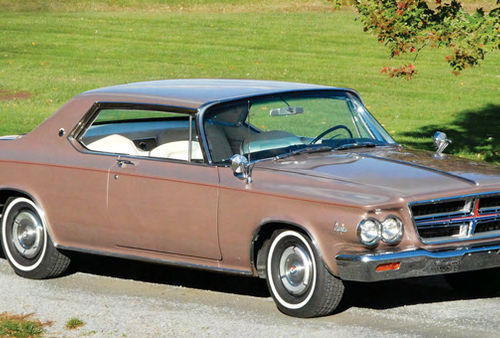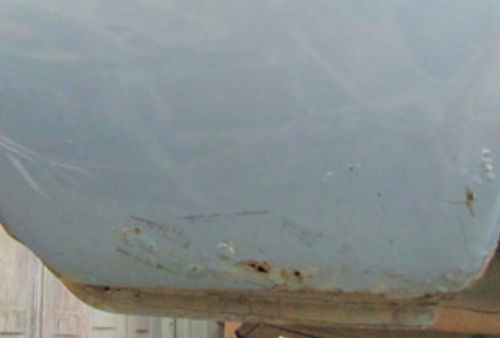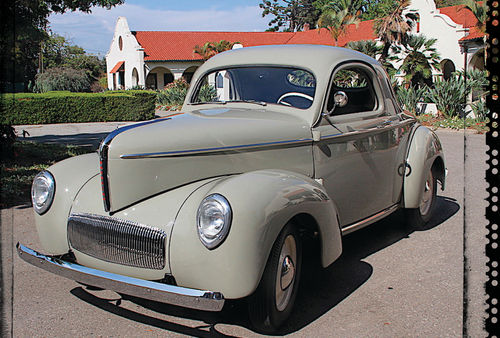First, determine why your car’s battery failed
Question:
I just received the April edition with the article on battery maintenance and have a question about which type of battery (economy, premium, etc.) is the wisest choice for vehicles driven infrequently and kept on trickle chargers. I have a 2008 Corvette that was changed from a daily driver to a car that will be driven at most about 600 miles a year. The car is stored in a heated garage and connected to a trickle charger.
The factory Delco battery failed and was recently replaced with an Optima battery. Considering that the battery is connected to a Battery Minder trickle charger, I was wondering if I wasted money in buying a premium battery.
Answer:
A better battery normally will last longer under most or all circumstances. So, did you waste money buying a more expensive (and presumably better) battery? My answer is really nothing more than a guess but I’d guess that you probably did, considering that you will rarely drive the car.
Any battery you buy should be sized correctly for the car you’re putting it in, so with that in mind the big downside to a lower quality battery is that it is more likely to leave you stranded out there in the cold, cruel world. But with a car that’s rarely driven you’re obviously less likely to get stranded anyway.
But the premium vs. lower grade battery question you asked is not the question you should be asking. The question you should be asking is why the Delco battery in your Corvette quit. Premature battery failure can usually be traced to a faulty battery, a faulty charging system, prolonged excessive heat or cold temperatures, blunt trauma that causes internal damage, or repeated deep discharging. The OEM battery in a newer vehicle, such as your 2008 Corvette, should last a minimum of five years and your battery obviously did not. The first thing you should do is try to determine why it failed prematurely so that the new battery does not suffer the same fate.















